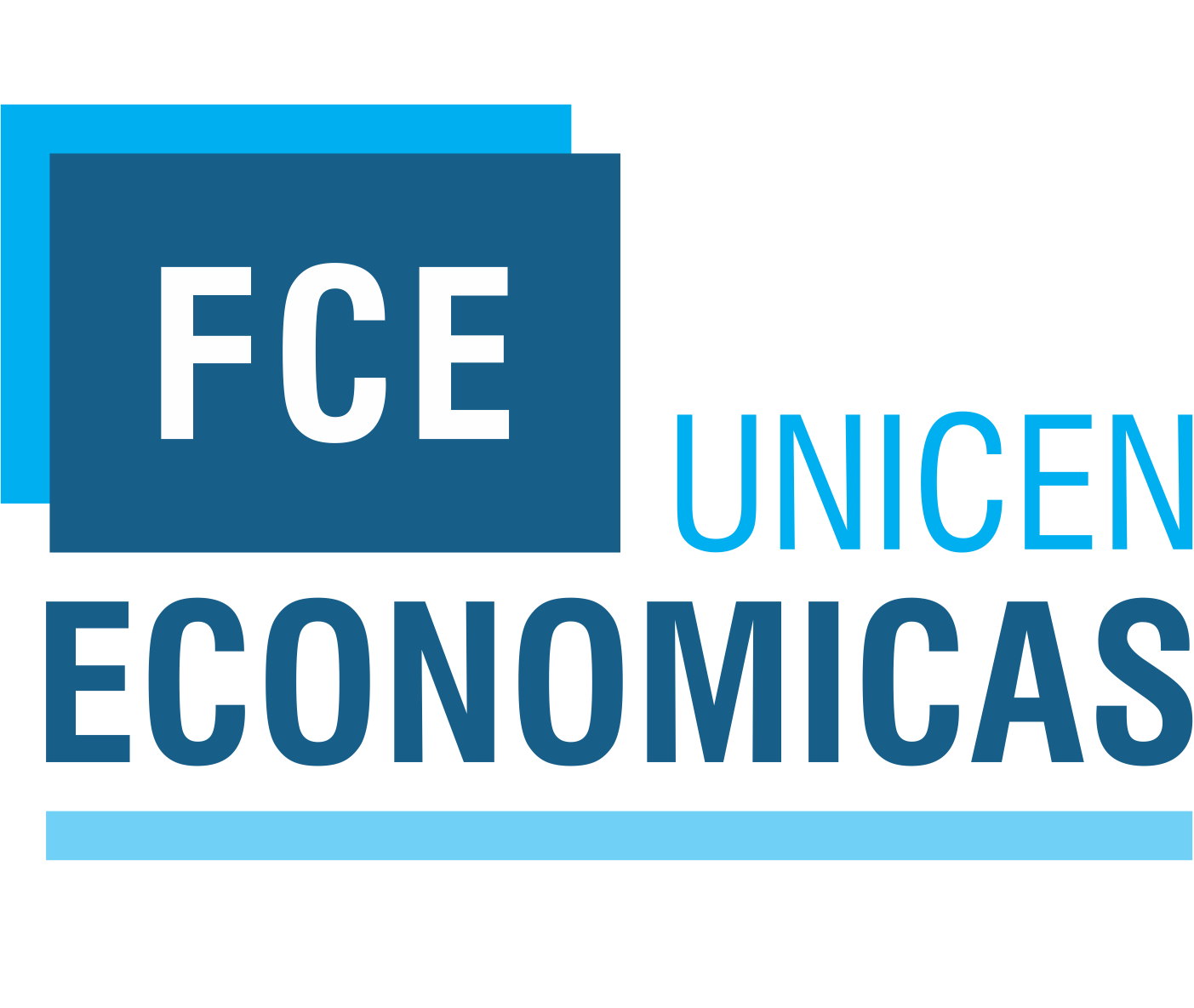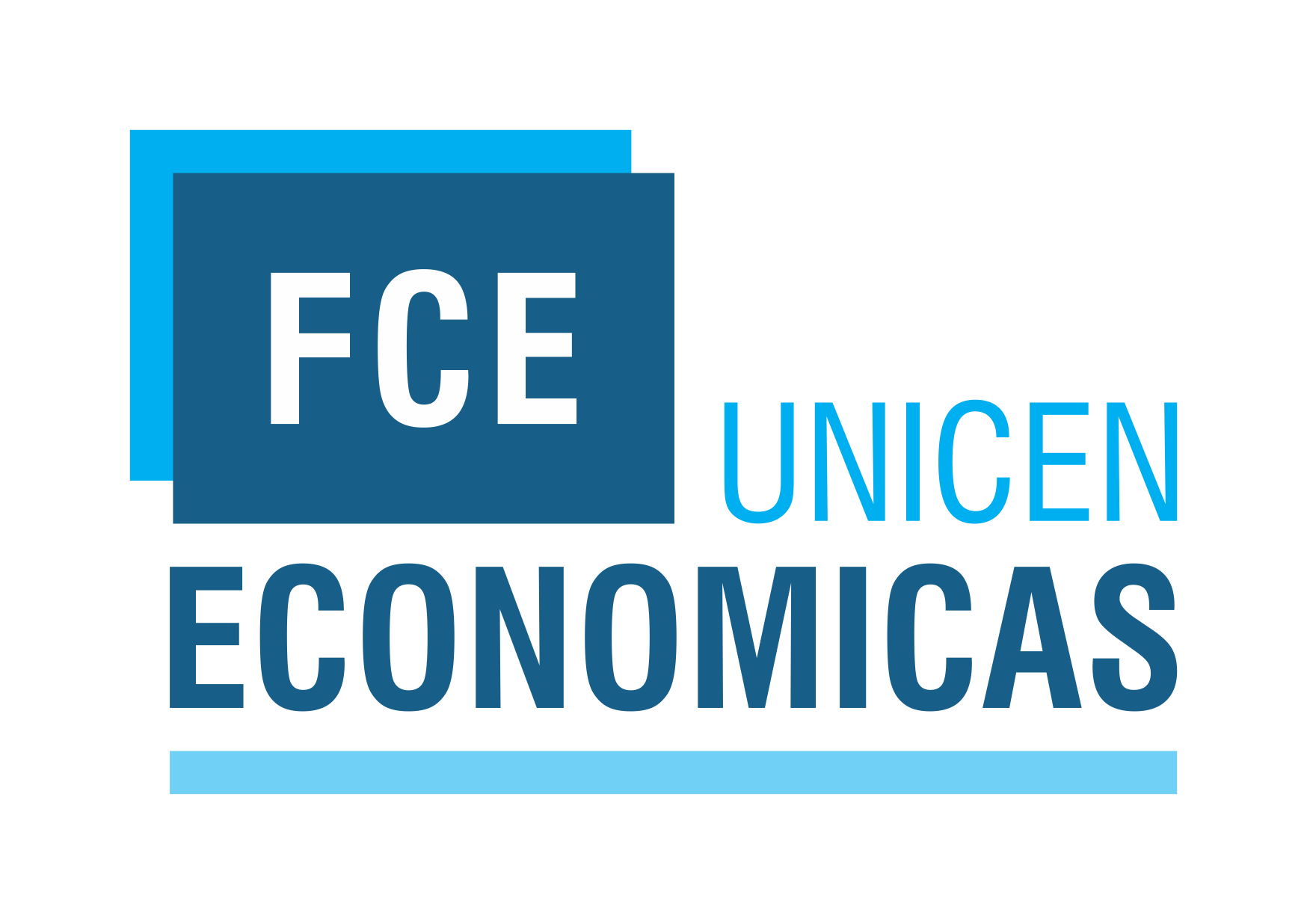The Universidad Nacional del Centro de la Provincia de Buenos Aires has three regional headquarters: the headquarters, seat of the Rectorship, in the city of Tandil and the headquarters of Azul and Olavarría, as well as a sub-office in Quequén. Around 13500 students are distributed in 11 academic units,in which 16 short courses are taught; 46 degree races; 11 articulation races; 23 postgraduate courses and 3 diplomas. Academic excellence, research, extension, technology transfer and services for a comprehensive education of students, are the priority objectives of this House of Studies that for more than three decades has been working for the formation of new generations.
Historical Review
In 1974 the “Universidad Nacional del Centro de la Provincia de Buenos Aires” was created through the 20.753 Law as the end result of efforts made in order to gather in only one National University the already existing university structures in the cities of Tandil, Olavarria and Azul.
In the early 60s the process of establishing private Universities had already begun in our country thus giving birth in Tandil to the idea of setting up an institute of higher education in which the growing student population could get college education without having to cross the boundaries of their region. On May 30, 1964 the intense efforts made by enthusiastic teachers, professionals, students and neighbors, including Dr. Osvaldo Zarini, culminated with the founding of the University Institute of Tandil. The academic activity of this private university began at the Faculty of Human Sciences. In 1965 the Faculty of Economics and Physical - Mathematics Sciences contributed their efforts and in 1969 the Faculty of Veterinary Sciences joined them.
Similarly, and despite the adversity of the running times - the so called Argentine Revolution had closed one of the most fertile periods of the history of the university of Argentina leaving in its wake the mass resignation of teachers and the dismantling of prestigious research centers - another city of the Buenos Aires Province persisted on having college studies. Thus in 1969 the University Institute of Olavarria is born. It was financially supported by the Fortabat Foundation and the municipal government and academically dependent on the “Universidad Nacional del Sur” (Southern National University), which controlled the activities of its two departments, Engineering and Economic Sciences.
In 1973, in the context of the creation of new national universities, Azul city also incorporated into its educational offer higher education by creating the Agronomy department under the University Institute of Olavarría. It was academically backed by the "Southern National University" and it was financially funded by a local company.
After overcoming many obstacles, these three local enterprises converged in a company of regional scope, the “Universidad Nacional del Centro de la Provincia de Buenos Aires” (UNCPBA). In the fundamentals of the bill presented by the National Senators Juan Carlos Pugliese y Fernando de la Rúa, two aspects were mainly referred to: on the one hand, the demographic and economic importance of the area of influence of the encompassing proposed university and, on the other, the fruitless private efforts previously made to address the university growth in the region .
On 9 October 1974 President Maria Estela Martinez de Peron signed the decree that enacted the law creating the UNCPBA. Thus, in Tandil the Faculty of Veterinary Sciences was maintained, the Faculty of Human Sciences became Humanities, the Faculty of Physics and Mathematics was renamed as the Faculty of Exact Sciences and the Faculty of Economics from Tandil would integrate, alongside the academic structure of the University Institute of Olavarria, the Faculty of Economics of the UNCPBA.
Finally, the Department of Engineering of the Institute of Olavarría was transformed into the Faculty of Engineering , while Azul began to run the College of Agriculture.
Dr. Raúl C. Cruz, Rector of the University of Tandil, is designed organizer and in charge of the new national university which would have to operate with goods and personnel transferred from the private institutes. The approval of the academic calendar, the designation of secretaries of Faculties, the establishment of commissions of study plans and the fixation of the roles of the different areas are among the initial measures taken in Tandil.
Shortly afterwards, in March 1976, it begins one of the most dramatic periods in the political history of Argentina. Universities, far from remaining outside this dark moment, will be struck by a marked decline that will not overcome until the return to the institutional life.
It is with the assumption of the democratic government by the end of 1983 that begins the process of normalization of the university and the Dr. Cruz is replaced by the notary Natalio Echegaray, designed normalizer rector of the University. Four months later, the Dr. Juan Carlos Pugliese (jr) happens to occupy that position.
In March 1986 the University Assembly meets for the first time. On such important occasion, its members, elected by their respective cloisters, designated the authourities through direct vote. In 1988 the corps is reunited and Juan Carlos Pugliese (jr) is reelected as Rector and Mr. Carlos Nicolini becomes vice-rector. Both fulfill their mandates in 1992, when a new Assembly appoints Mr. Carlos Nicolini and Mr. Roberto Tassara,to the highest positions. In the years between 1996 and 2000 Mr. Nicolini remained as the rector, this time escolted this time by Dr. Eduardo Míguez as Vice Chancellor.
The implementation of teachers competitions, the remarkable development of research, the foundation of new academic units (the Faculty of Social Sciences based in Olavarria in 1987, the School of Theatre in Tandil in 1989 and the Teaching Unit University of Quequén in 1996), the creation of numerous undergraduate and graduate studies as well as the academic reform, are just some of the significant changes that the University underwent until the late 90s .
In November 2000, the University Assembly consecrated the formula composed by Dr. Néstor Auza and the Mr. Arnaldo Pissani. This was the first election in which both cadidates had graduated from the institution itself. During their government, an institutional model of openness to the community and closed links with the region was launched through multiple actions and based on strategic planning as a tool for management. Their period successfully ended in 2004.
Also, while it was diversifying the offer of undergraduate and graduate degrees, new academic units such as the Faculty of Arts were created in Tandil (on the basis of the High School of Theatre) and the High School of Law was inaugurated in Azul. Olavarria also had its share with the High School of Health while at the pre - university level the Polimodal College opened its doors in Tandil.
In December 2004 Dr. Nestor Auza began his second term as rector, accompanied this time by Mr. Marcelo Spina who was at the time Dean of the Faculty of Engineering. It was the first time that a representative from the Olavarrian headquarters had access to the highest spheres of the University. Following the resignation of Dr. Auza in December 2007 due to personal reasons, Mr. Spina took up the post of rector.
A year later, in December 2008, Mr. Roberto Tassara (Dean of the Faculty of Economics) and Mr. Omar Losardo (Dean of the Faculty of Agronomy Sciences) swore as rector and vice-rector respectively.




